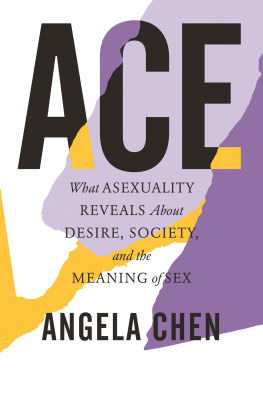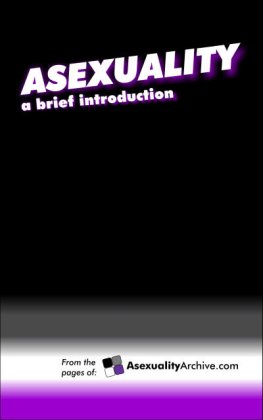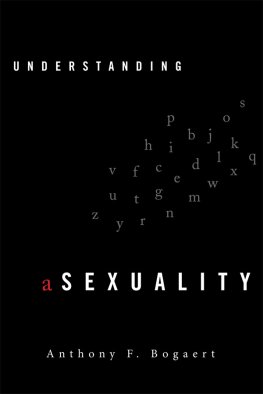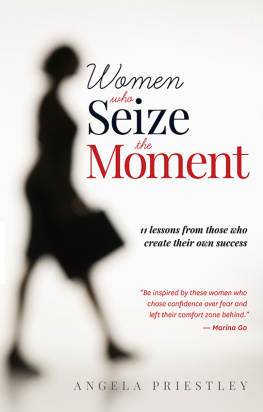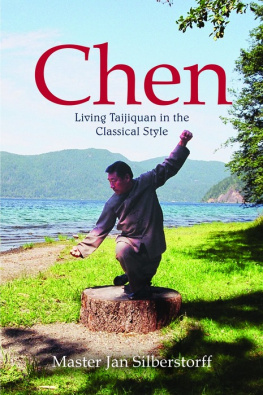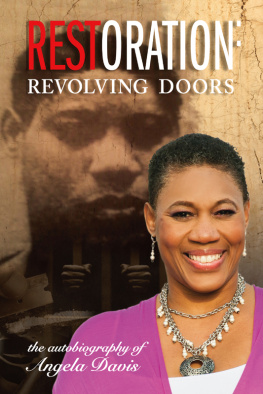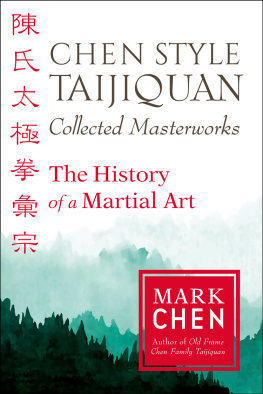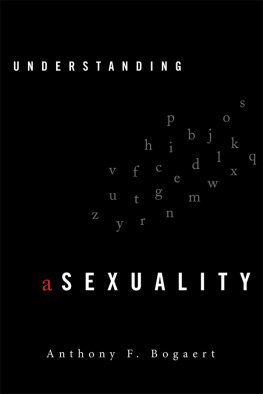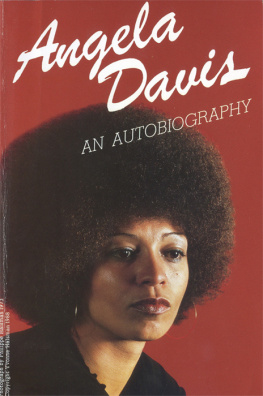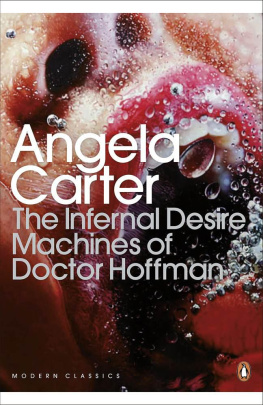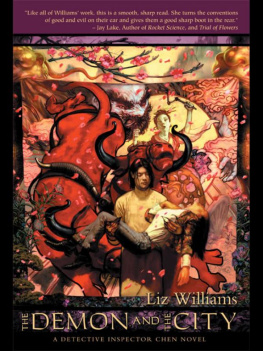Angela Chen - Ace: What Asexuality Reveals About Desire, Society, and the Meaning of Sex
Here you can read online Angela Chen - Ace: What Asexuality Reveals About Desire, Society, and the Meaning of Sex full text of the book (entire story) in english for free. Download pdf and epub, get meaning, cover and reviews about this ebook. year: 2020, genre: Romance novel. Description of the work, (preface) as well as reviews are available. Best literature library LitArk.com created for fans of good reading and offers a wide selection of genres:
Romance novel
Science fiction
Adventure
Detective
Science
History
Home and family
Prose
Art
Politics
Computer
Non-fiction
Religion
Business
Children
Humor
Choose a favorite category and find really read worthwhile books. Enjoy immersion in the world of imagination, feel the emotions of the characters or learn something new for yourself, make an fascinating discovery.
- Book:Ace: What Asexuality Reveals About Desire, Society, and the Meaning of Sex
- Author:
- Genre:
- Year:2020
- Rating:3 / 5
- Favourites:Add to favourites
- Your mark:
- 60
- 1
- 2
- 3
- 4
- 5
Ace: What Asexuality Reveals About Desire, Society, and the Meaning of Sex: summary, description and annotation
We offer to read an annotation, description, summary or preface (depends on what the author of the book "Ace: What Asexuality Reveals About Desire, Society, and the Meaning of Sex" wrote himself). If you haven't found the necessary information about the book — write in the comments, we will try to find it.
Angela Chen: author's other books
Who wrote Ace: What Asexuality Reveals About Desire, Society, and the Meaning of Sex? Find out the surname, the name of the author of the book and a list of all author's works by series.
Ace: What Asexuality Reveals About Desire, Society, and the Meaning of Sex — read online for free the complete book (whole text) full work
Below is the text of the book, divided by pages. System saving the place of the last page read, allows you to conveniently read the book "Ace: What Asexuality Reveals About Desire, Society, and the Meaning of Sex" online for free, without having to search again every time where you left off. Put a bookmark, and you can go to the page where you finished reading at any time.
Font size:
Interval:
Bookmark:

A long overdue addition to the catalog of sexuality writing and resources. Chen thoughtfully positions asexuality not as its own unique category or identity but as one more point on the vast, diverse spectrum of human sexual identities. A must-read for everyone: ace, allo, or anywhere in between.
LUX ALPTRAUM , author of Faking It: The Lies Women Tell About SexAnd the Truths They Reveal
Angela Chens tenacious search for the precise language to describe her experiences is deeply moving and relatable. This book will inspire you to interrogate every assumption youve made about yourself, your sexuality, and your relationships. Ace is a revelation. We cant stop thinking about it.
AMINATOU SOW and ANN FRIEDMAN , authors of Big Friendship: How We Keep Each Other Close
Accessible and eloquently written, Ace sensitively and accurately spotlights an interconnected series of outsider experiences. Few asexual-spectrum narratives so authentically and diversely capture the truths, the quirks, the tragedies, and the triumphs of our lives without alienating non-ace readers or appealing only to one subset of the ace population. Ace creates an inclusive tapestry of validating and eye-opening narratives that will give some readers an experience they may have never had before: seeing our anomalous perspectives and emotions given the sensitive examination and validation weve always been denied. This book is a welcome addition to a very niche field and puts so many nuanced experiences into relatable, empathetic language.
JULIE SONDRA DECKER , author of The Invisible Orientation: An Introduction to Asexuality
Though Angela Chen is a science journalist, Ace is nothing less than a cultural feat. Its a powerful book that interweaves reporting and research about asexuality in ways that will remain with readers long after theyve turned the last page. Asexuality has long been misunderstood, but after reading this masterpiece I know asexuality will be at the forefront of all of our minds as we think more deeply about who gets sidelined in broader conversations about gender identity and sexual orientation, and what that reveals about how we benefit from oppressing those different from us. Angela has achieved something that seems so simple but is actually difficult: allowing people to talk about and for themselves within a book thats so heavily driven by hard-hitting reporting. Ace announces a new dawn, one in which asexual people are voicing their experiences without fear or shame. Theyre here, simply living and demystifying misconceptions in the process.
EVETTE DIONNE , editor in chief of Bitch Media and author of Lifting as We Climb: Black Womens Battle for the Ballot Box
Through painstaking research and her considerable skill as a storyteller, Angela Chen brings needed attention and nuance to an often overlooked spectrum of asexual experiences, encouraging readers to consider what exists and what is possible in terms of human connection, consent, understanding, and acceptance. A book that makes room for questions even as it illuminates, Ace should be viewed as a landmark work on culture and sexuality.
NICOLE CHUNG , author of All You Can Ever Know: A Memoir

For everyone who has wanted to want more
If youre not having sex, whats there to talk about?
STAR JONES , The View
THERE IS NO ONE ASEXUAL (OR ACE) STORY and no book can capture all of ace experience. This book is meant to be a big-picture exploration of ace issues, and what they can teach all of us about sexuality and desire in a very particular context. It is deliberately limited to the people that psychologists call WEIRD: Western, educated, industrialized, rich (or at least middle class), and democratic. Most are also American and liberala word I use throughout this book to mean culturally liberal and, typically, sex positive. The book is deliberately contemporary. The stories are grounded in the present, drawing from my own life as well as extensive interviews with other aces. I offered anonymity to each person I spoke with, so in many cases I use a persons first name only or a different name entirely.
The word we shows up frequently in this book and its meaning changes too. Sometimes I use we to mean the community of aces, since I identify as ace, and sometimes I use it to mean the bigger we, which is the society of Western, liberal, primarily upper-middle-class America. I hope many more books will be written about the experiences of those outside this world. There is so much more to say.

I LET JANE PICK THE RESTAURANT , since I was in Silver Spring for the day anyway and she had driven down from Baltimore to see me. Those who knew us both liked to joke that we were the same personbookish, interested in neuroscience, and she had even cut her hair short after I didbut it was our differences that interested me now.
I have a question for you, I said, as soon as we settled into our booth at the Burmese place she had chosen. What does sexual attraction feel like?
Jane shifted in her seat. We were both twenty-four. She was a virgin who had never had a boyfriend, while I was in the middle of my second serious relationship. My boyfriends enjoyed sex, as did I, and I considered myself lucky to have such an uncomplicated sexual history. Yet there I was, asking my friend what sexual attraction felt like from the inside. I wanted a blueprint, something I might lay side by side with my own experience to see where they matched up and where they diverged.
I dont mean what it feels like when you think someone is good-looking, I continued; I knew how that felt. Or what it feels like to want a relationship with someone, or to love them. I knew that feeling too, had known it so deeply that it had shamed me. I didnt have a problem becoming physically aroused during sex and I was not naive enough to believe that physical desire was the only reason to have sex. People had sex to feel closer to their partners or better about themselves, to counteract boredom and to distract from their problems.
What I didnt know was what it felt like to want sex without a specific person in mind. To think about sex at all when I was alone. To feel any physical urge for sex distinct from wanting the emotional intimacy it created. I had more sexual experience than Jane, but she was the one who spoke openly of lust and libido. Meanwhile, the language of sexual drive did not quite make sense to me.
Jane took a bite of tea leaf salad, then tapped her fork against her plate. I want to be close to someone, physically, even if theyre just a stranger, she said. I get jittery. I start fiddling with things. I feel warmer.
She stumbled as she continued, then apologized because her answer was not particularly precise. I dont know, she said. Its just a feeling.
But it was answer enough. Janes cautious description revealed that what I had passed off as sexual attraction even to myself was something else entirely: aesthetic appreciation, a desire for emotional and physical closeness, a certain possessiveness. All were related to sexual attraction, components that could build upon and amplify it, but they were not the same as sexual attraction itself.
Font size:
Interval:
Bookmark:
Similar books «Ace: What Asexuality Reveals About Desire, Society, and the Meaning of Sex»
Look at similar books to Ace: What Asexuality Reveals About Desire, Society, and the Meaning of Sex. We have selected literature similar in name and meaning in the hope of providing readers with more options to find new, interesting, not yet read works.
Discussion, reviews of the book Ace: What Asexuality Reveals About Desire, Society, and the Meaning of Sex and just readers' own opinions. Leave your comments, write what you think about the work, its meaning or the main characters. Specify what exactly you liked and what you didn't like, and why you think so.

